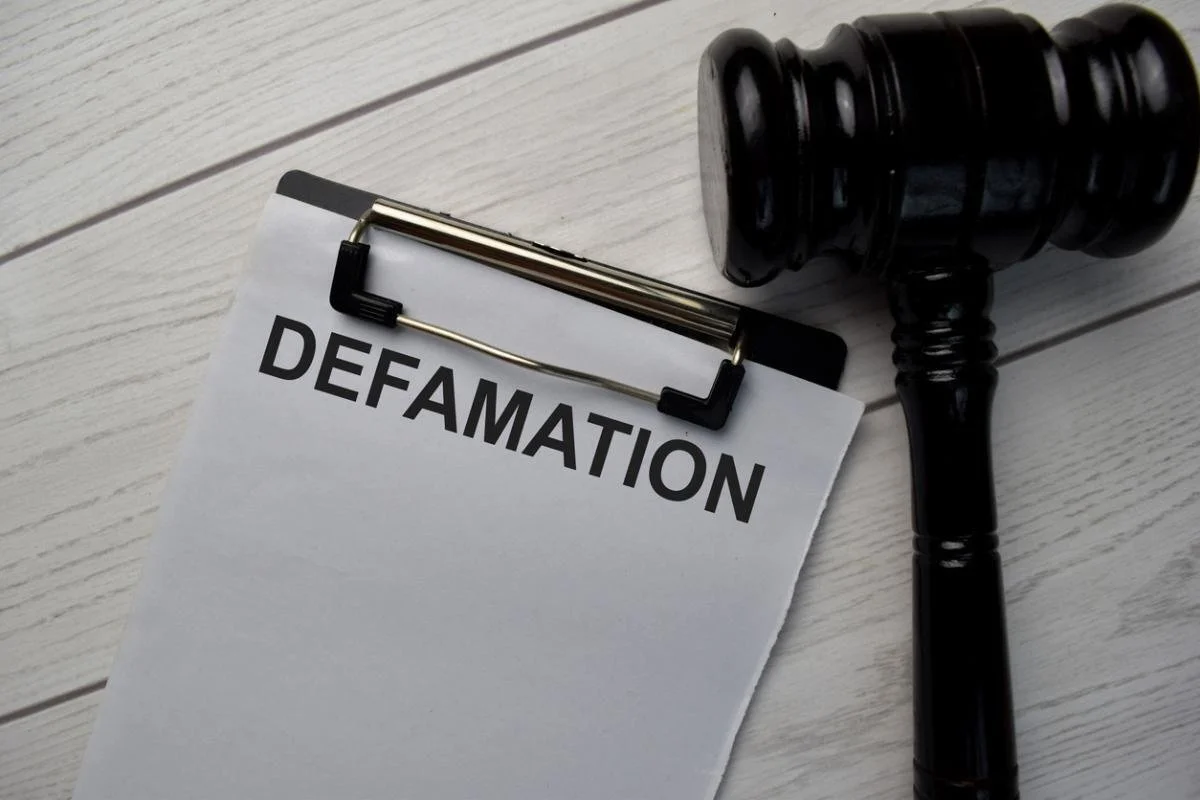ACLU of Southern California Faces Wrongful Termination and Discrimination Lawsuit
/A black former attorney of the ACLU of Southern California, Sarah O. Clifton, recently filed suit against the ACLU of Southern California. Clifton alleges wrongful termination and discrimination.
Alleged Discrimination at ACLU of Southern California:
Clifton is suing ACLU of Southern California for allegedly racist actions and wrongful termination. The organization fired Clifton in February 2020 after she spoke out against discriminatory treatment. Clifton claims the organization labeled her an "angry woman" and she feels the lawsuit is of particular concern in the current climate in light of the recent murder of George Floyd and the resurgence of the Black Lives Matter movement. The ACLU is aware of the lawsuit, but isn't offering comment, since they don't comment on personnel issues.
The Allegations and the Damages:
Clifton filed suit seeking unspecified damages. The allegations include wrongful termination, workplace retaliation, harassment and discrimination, hostile work environment, and failure to prevent harassment. With her lawsuit, she wants to bring the persistent illegal practices taking place throughout the employment sector into the light. She feels there is a particular issue at nonprofit organizations.
An Alleged Hostile Workplace Environment:
Clifton claims that the emergency lawsuit filed by the ACLUE in "support" of the Black Lives Matter movement in Los Angeles on June 3rd was actually a convenient way to insert the ACLU into the public spotlight surrounding the issue. She insists their "help" was nothing but a quest for self-interested gain. Clifton alleges that while the ACLU Executive Director criticizes city officials for taking meaningful action to stop racist activities and policies, he does not hold his organization to those same standards because he allegedly allows obviously racist policies and procedures to proceed unhindered.
The Plaintiff: Sarah O. Clifton
Sarah O. Clifton was hired as a staff attorney by the ACLU of Southern California in September 2018. She was hired to work under supervising attorney Jessica Farris, organizations director or criminal justice and drug policy. Clifton claims that Farris exhibited a near immediate, and obvious irrational fear of Clifton. Clifton claims she attempted to downplay the situation by being overly polite and "less black." However, sometimes Clifton did speak out in the workplace. When she did speak about racial inequality in the workplace, her managers (who Clifton described as overwhelmingly white or "white-presenting") misconstrued her comments, perceiving them as angry and aggressive.
If you need to discuss how to file a discrimination lawsuit or wrongful termination lawsuit, please get in touch with Blumenthal Nordrehaug Bhowmik DeBlouw LLP. Experienced employment law attorneys are ready to assist you in any one of various law firm offices located in San Diego, San Francisco, Sacramento, Los Angeles, Riverside, and Chicago.










